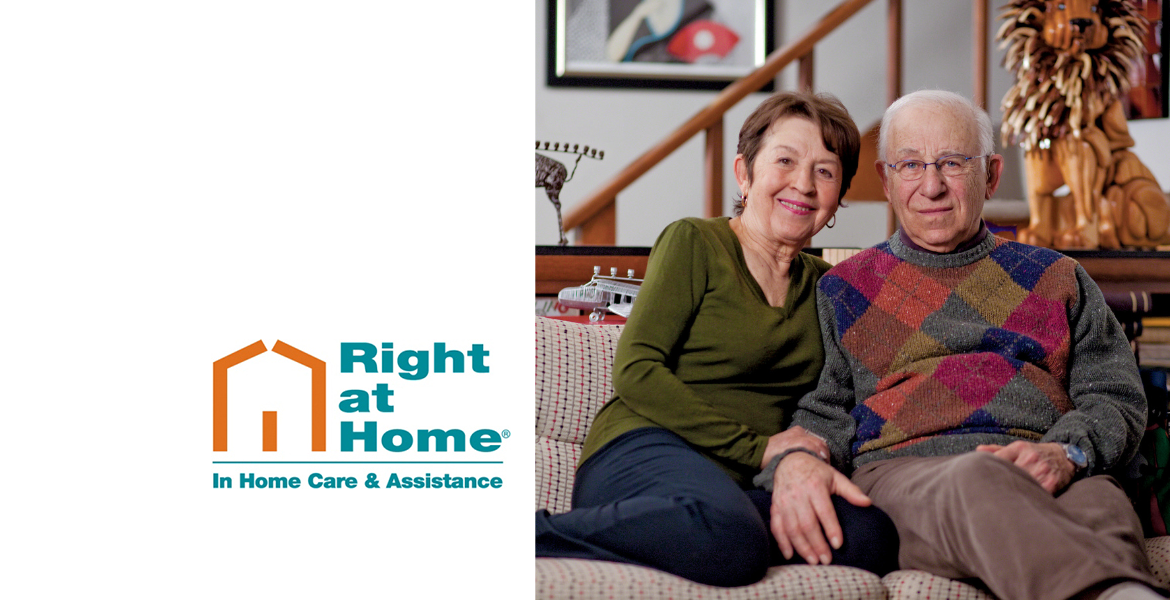
Sexual Health and Aging: Must-Know Facts About Sexuality in Later Life
>>> Important <<<
We are launching ASA's new webinar platform. See how key changes may impact your learning experience here.
Register Now
Includes one complimentary Continuing Education (CE) credit.
Closed captions are available for live and on-demand courses within specific browsers. Click here to see how to access and turn on the browser setting. If you still need to request speech-to-text captioning during this event, please contact us at least 5 business days prior to the live webinar so we may accommodate your needs.
People throughout their lives enjoy sex and intimacy. Older adults are no exception. Join us for a lively workshop where you will discover the rates of sexual activity among adults ages 65 and older, statistics regarding sexually transmitted infections and recommendations to enhance sexual health while aging. You’ll have a chance to examine attitudes about later-life sexuality among older adults, healthcare professionals and yourself. Also, you’ll learn about the experiences, needs and resilience of LGBTQ older adults, as well as sexual expression in elders with dementia.
Participants in this webinar will:
- Describe rates of sexual activity among adults ages 65 and older.
- List statistics regarding sexually transmitted infections among older adults.
- Examine attitudes about sexuality and aging among older adults, healthcare professionals and others.
- Illustrate the experiences, needs and resilience of LGBTQ older adults.
Presenter:
 Regina Koepp, PsyD, ABPP, is a board-certified clinical psychologist, clinical geropsychologist, founder and director of the Center for Mental Health and Aging, and the lead medical psychologist at the University of Vermont Medical Center. She is the creator and host of the “Psychology of Aging” podcast and creator of the only dementia and sexual health certification program in the United States. She also is a contributing writer for Psychology Today and Psychotherapy Networker.
Regina Koepp, PsyD, ABPP, is a board-certified clinical psychologist, clinical geropsychologist, founder and director of the Center for Mental Health and Aging, and the lead medical psychologist at the University of Vermont Medical Center. She is the creator and host of the “Psychology of Aging” podcast and creator of the only dementia and sexual health certification program in the United States. She also is a contributing writer for Psychology Today and Psychotherapy Networker.

